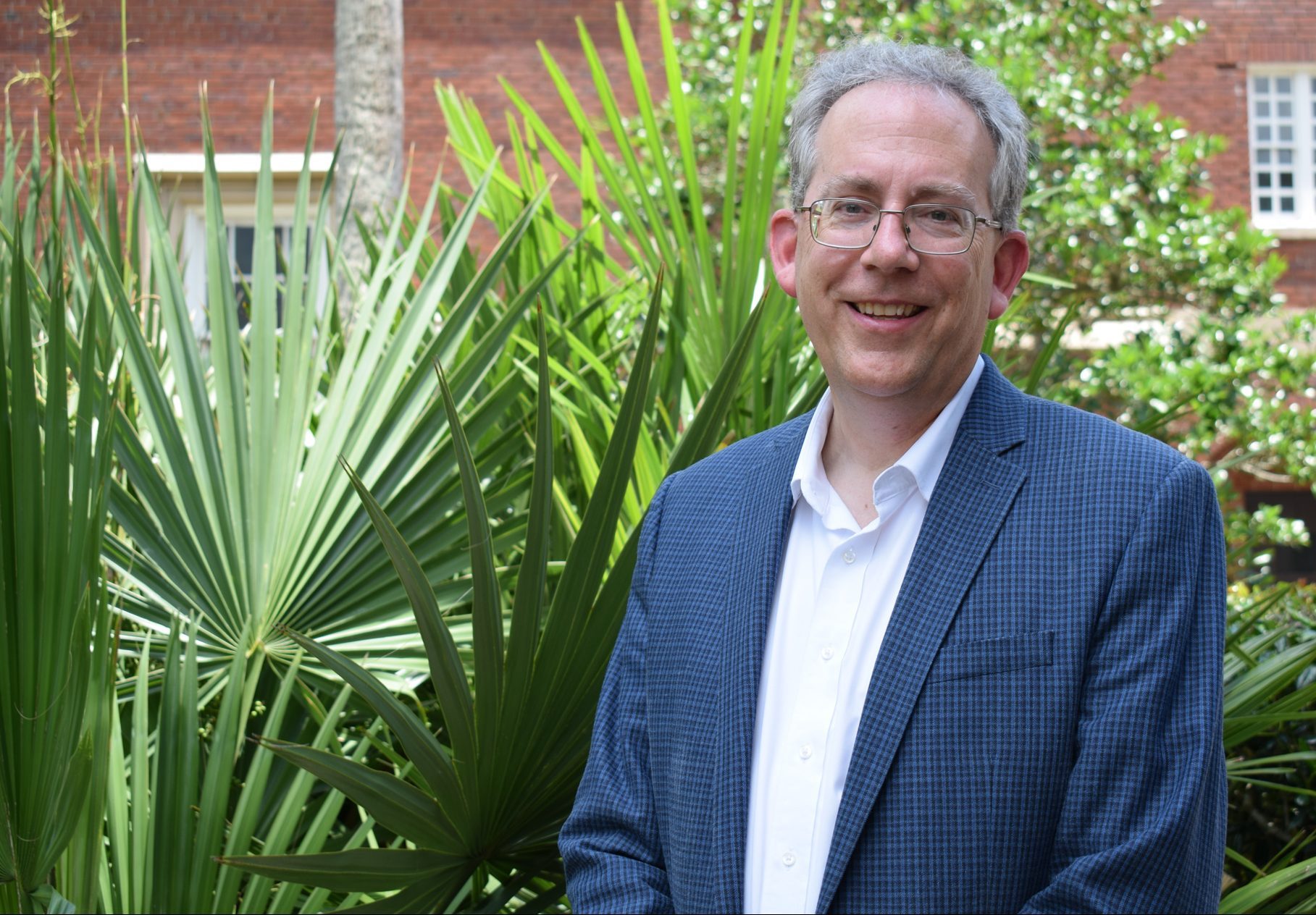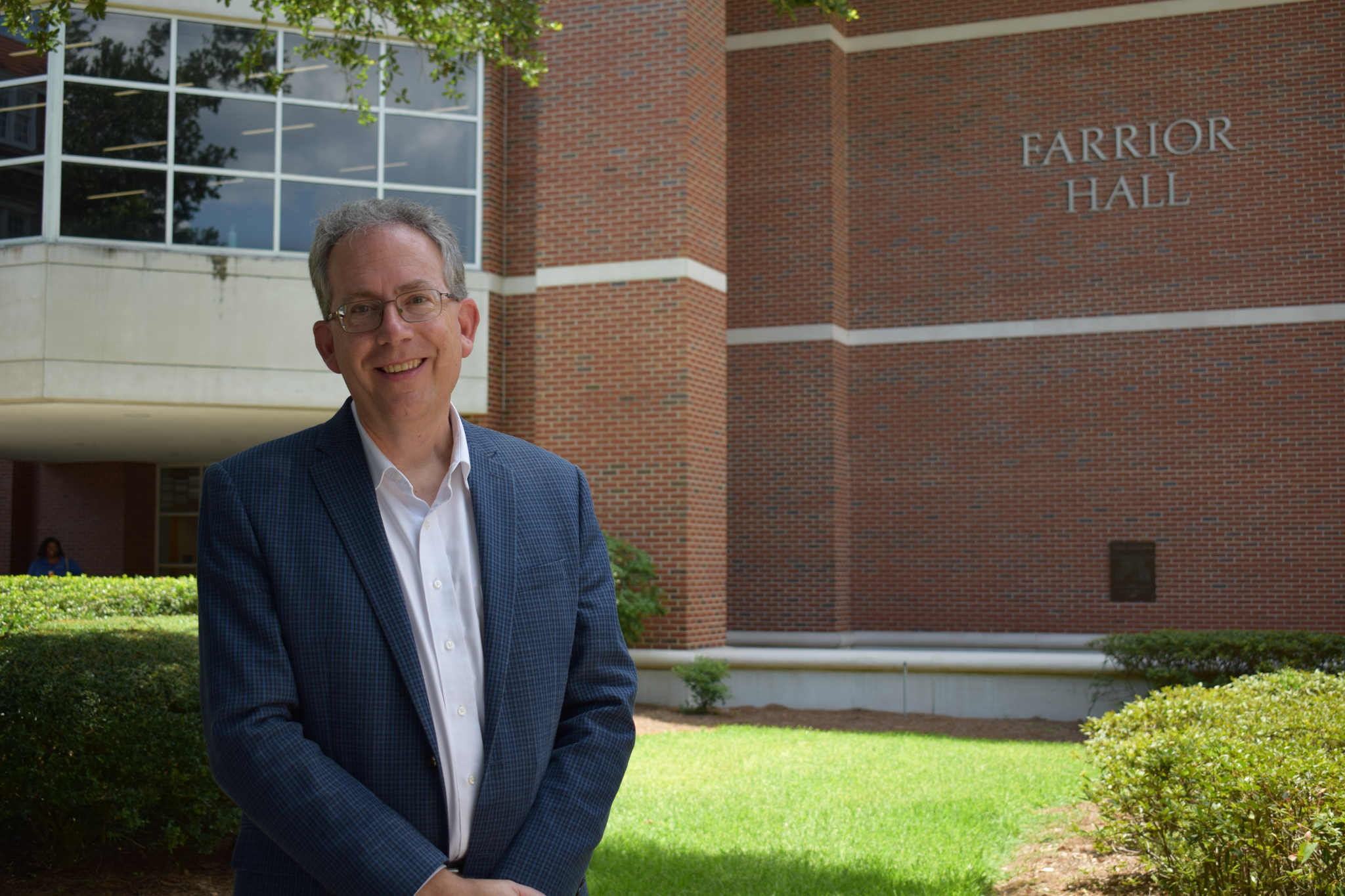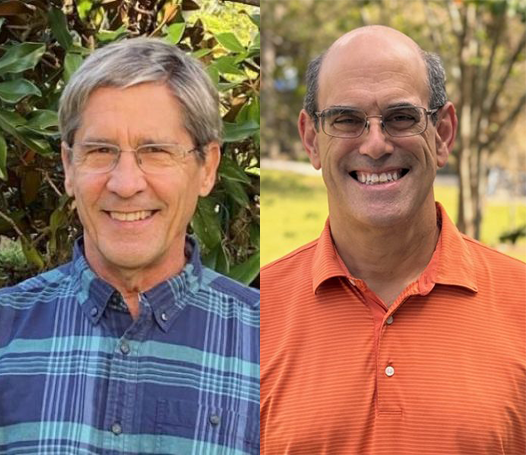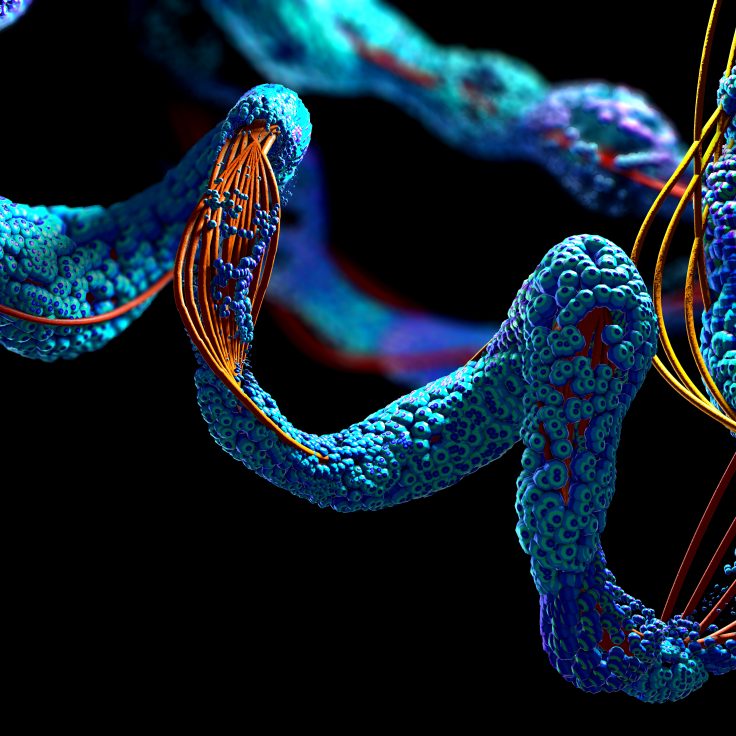
Joe Spillane Reflects on a Decade Leading Academic Advising
Ten years ago, Joseph Spillane walked into a conference room in Farrior Hall full of academic advisors, hoping to become their new director. He had never been so nervous in his professional life.
“I knew how good they were,” he said recently, looking back on the interview. “And I knew how much I had to learn.”
That learning process would come to define the next decade of his career — a chapter that is about to reach its conclusion. On July 31, Spillane will step down as the UF College of Liberal Arts and Sciences’ associate dean for student affairs and director of the Academic Advising Center (AAC), roles in which he guided a core component of the UF student experience through a time of tremendous change.
Under his leadership, the AAC launched the college’s signature career readiness and experiential learning program, Beyond120; built an entire infrastructure for serving UF Online students; and adapted to meet the ever-changing needs of a student population that’s become more diverse in a multitude of ways.
Spillane will now shift focus to his faculty position in the Department of History, where he previously served as chair. He will be succeeded as associate dean and director of the AAC by Gillian Lord, professor of Hispanic linguistics who served as chair of the Department of Spanish and Portuguese Studies from 2010 to 2022.
As he approaches his last day, Spillane noted that many of the questions that arose in that memorable 2012 interview — and the objectives he formed for himself and the center as a result — have remained prevalent throughout his journey as director.

“Our goal continues to be to make sure that we’re as accessible as possible, to make sure we come up with different ways for students to reach us and to contact us,” he said.
The key is meeting students where they are. Through the expansion of advisors’ engagement with student groups and organizations such as the Institute for Black Culture, the center hopes to do just that. This spring, the AAC also launched a peer advising program built on the idea that a critical way to reach students is through someone with an immediate, lived understanding of their experiences.
More directly, Spillane built a connection with the entire body of undergraduates through his weekly News & Notes newsletter, which he composed with a personal touch — offering anecdotes, historical fun facts and even haikus. From day one on the job, he has been eager to engage the students.
“We’ve got 11,000 of the most talented dynamic students you could possibly imagine. The opportunity to spend my time thinking about those students was hard to pass up,” he said.
Along with his connection to students, much of the pride and joy Spillane has taken in the role comes through working with the team of advisers and AAC staff. “I think there’s very little that we’ve accomplished as a university in terms of student success that isn’t attributable, at least in part, to our academic advising community,” he said. He is thankful, he said, to have worked with two CLAS deans, Paul D’Anieri and David E. Richardson, who agreed.
Spillane has advocated for the advising community, elevating voices by ensuring advisers have a seat at the table in conversations about the direction of the university. Doing so, he hopes, spreads an appreciation for the complex work of advising. Successful advising means asking the right questions to uncover deeper issues, which can range from shifting career aspirations to personal, financial or health troubles that need to be addressed.
“A student may come in with a very technical question, like dropping a course,” Spillane said. “But if an advisor does what they’re supposed to be doing — and ours do — they uncover a whole world of complexity in a student’s life.”
We’ve got 11,000 of the most talented dynamic students you could possibly imagine. The opportunity to spend my time thinking about those students was hard to pass up.
Fundamentally, Spillane said, his role has boiled down to helping students come up with a compelling answer to a simple question from prospective employers: What have you been up to the last few years?
In a major effort to assist students in discovering their answer, the College of Liberal Arts and Sciences and the AAC launched Beyond120, which provides internships, mentorship connections, study abroad opportunities and excursions, career-focused courses and more. What sets the program apart from similar initiatives elsewhere, Spillane said, is that Beyond120 doesn’t seek to compensate for perceived shortfalls of the liberal arts and sciences. Rather, it proudly identifies and emphasizes the many assets the liberal arts and sciences offer to students’ fledgling careers.
“It is absolutely unapologetic in its defense of liberal arts and sciences,” he said. “The idea of Beyond120 is to get that young person to walk up to any employer and say, ‘Hey, listen up. I’ve got real skills that you need. And let me tell you about it.”
Through the work of the advisers, staff and his successor, Spillane is confident he’s leaving the AAC in good hands. After a decade supporting thousands of students through their academic journeys each year, he’s looking forward to having more time to spend with smaller groups in the classroom. Spillane is also eager to dive back into research, with ambitions to write a history of the drug war in the United States. Like a new student navigating their way through the college experience, he’s excited to explore the uncharted opportunities that lie ahead.
“Whatever comes next for me will probably be something I didn’t plan on,” he said.


